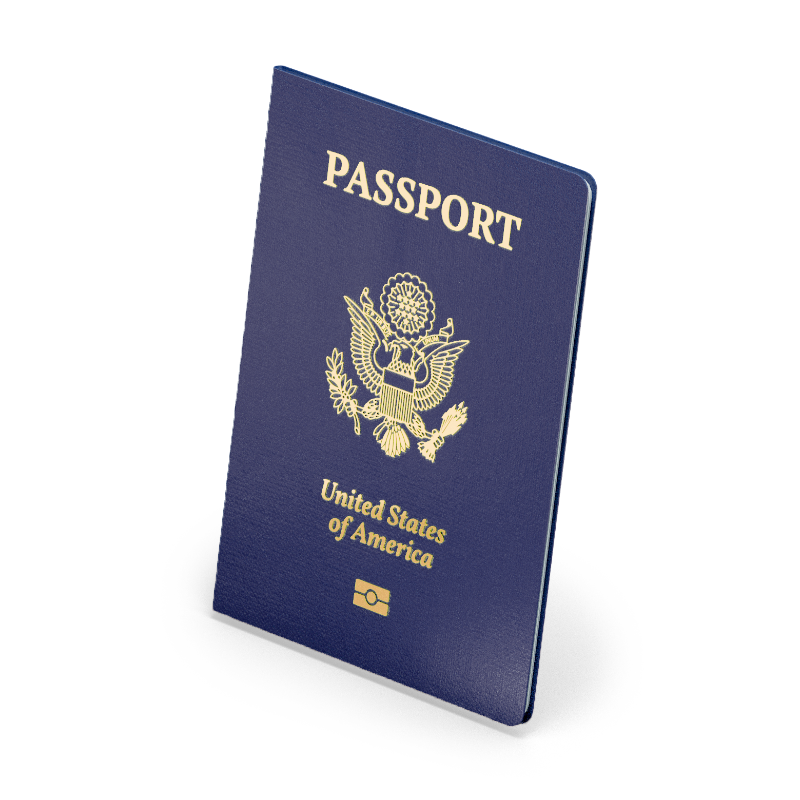Are you an international student in Canada who has recently graduated from a post-secondary learning institution? Are you also fluent in the French language? Do you want to obtain permanent residence in Canada?
Canada considers international students a key resource to ensure the sustainable growth of its economy. As international students have the experience of living in the country and are familiar with its culture, they find it easier to integrate into the Canadian workforce and society.
Due to the global pandemic, Canada is struggling to maintain its immigration levels to meet the target of inviting over 401,000 new immigrants over the next two years. Therefore, the Canadian government has introduced a new temporary public policy that will help international graduates apply for permanent residence in Canada. *These programs were closed on Nov6th,2021
What Is Canada’s Reason for Creating These Two Temporary Permanent Residence Pathways?
One of the official purposes of immigration is to support the development of minority official language communities in Canada. The development of the French-speaking community outside the province of Quebec is part of the Canadian government’s objectives for economic growth and immigration.
For this purpose, the Canadian government has recently launched the two PR Pathways for French-Speaking and Non-French-Speaking International Graduates on May 6, 2021. It is a temporary public policy introduced to maintain the immigration level target in 2021.
For non-French-speaking applicants, the visa cap for the stream will be limited to 40,000 applicants. There is no such visa cap for the PR pathway for French-speaking applicants. These two pathways will be open for applications till November 5, 2021.
What Is the Eligibility Criteria for the PR Pathways for French-Speaking and Non-French-Speaking International Graduates?
To be eligible for this immigration pathway applicants will be required to meet the following criteria:
First, complete a study program at a designated learning institution (DLI) in Canada after January 2017. The designated learning institution must be one of the following:
- A public-postsecondary institution such as a college or a trade or technical school or à Québec Collège d'enseignement général et professionnel (CEGEP)
- A private postsecondary school in Quebec that offers a study program with a duration of at least 900 hours that results in a Diploma of Vocational Studies (DVS) or an Attestation of Vocational Specialization (AVS)
- A Canadian private learning institution authorized to confer degrees under the provincial law by the provincial government but only if the study program finished was authorized by the province
- A private post-secondary school in Quebec that functions under rules and regulations similar to public institutions in Quebec
Second, obtain one of the following educational credentials:
- A degree obtained after the completion of a study program that lasted longer than 8 months
- A degree, diploma or certificate issued after the completion of a study program leading to a skilled trade occupation
- Complete more than one study program that lasted more than 8 months and leads to a DVS or an AVS with a combined duration of at least 1,800 hours
Third, must meet these other requirements:
- Be currently employed in Canada with a valid work permit
- Demonstrate language proficiency with a level 5 on the Canadian Language Benchmark (CLB) for English or French
- Be currently residing in Canada as a temporary resident with valid status or be eligible for restoration of status
- Intend to reside outside Quebec
- Apply using all the appropriate forms as instructed by the Immigration, Refugees and Citizenship Canada (IRCC)
- Apply electronically
- Meet the admissibility requirements to enter Canada (Reasons for inadmissibility)
Will These Two Pathways Include Accompanying Family Members?
These pathways will allow applicants to include their family members in their application for permanent residence. Based on where they currently reside, the accompanying family members will be required to meet certain eligibility requirements.
If they are currently residing in Canada, then they must:
- Currently reside in Canada
- Be included in the primary application for permanent residence as a family member
- Meet the definition of a family member by being the spouse or common-law partner or a dependent of the primary applicant
- Meet the admissibility requirements to enter Canada
- Be approved by the designated official of the IRCC
If they are residing overseas, then they must:
- Be included as an accompanying family member in the primary application for permanent residence
- Meet the definition of a family member by being the spouse or common-law partner or a dependent of the primary applicant
- Meet the admissibility requirements and be approved by a designated IRCC officer to enter Canada
Check Out the 5 Program Length Options for Student Work Visas.
Learn More






